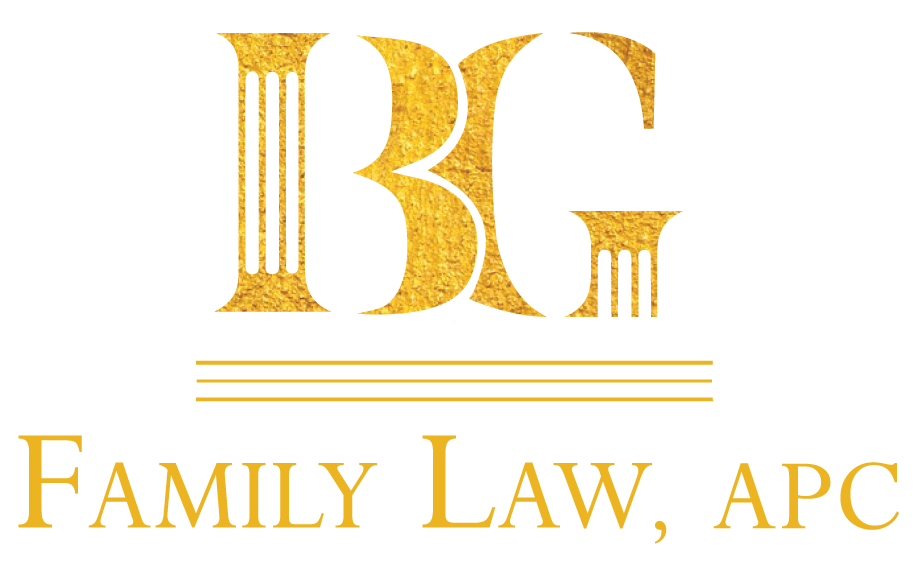Understanding Child Custody in California
What is Child Custody?
Child custody refers to the legal authority to make decisions about a child’s life and the determination of where the child will live. It encompasses both the child’s living arrangements and the right to make major decisions concerning their education, healthcare, religious upbringing, and overall well-being. Custody may be awarded solely to one parent or shared between both, depending on what serves the child’s best interests.
A child custody attorney plays a critical role in advocating for a parenting arrangement that supports the child’s stability and development, while ensuring that the legal process is properly followed.
Types of Custody in California
California law recognizes two distinct types of custody:
1. Legal Custody
Legal custody gives a parent the right to make major decisions about the child’s life, including:
• Education
• Medical care
• Religious practices
• General welfare
Legal custody can be either:
• Joint Legal Custody – Both parents share decision-making responsibilities.
• Sole Legal Custody – One parent has full authority to make decisions without the other’s consent.
In most cases, joint legal custody is favored, as it promotes involvement from both parents. For example, both may be required to agree on where the child goes to school or religious services. However, the court typically does not specify exact logistics, leaving the parents to cooperate and coordinate.
2. Physical Custody
Physical custody determines where the child will live and which parent is responsible for the child’s day-to-day care, including:
• Daily routines
• School transportation
• Extracurricular activities
• Discipline and meals
Types of physical custody include:
• Sole Physical Custody – The child lives with one parent; the other may have visitation rights.
• Joint Physical Custody – The child spends significant time with both parents (not necessarily 50/50), often working best when parents live near one another.
Important: Legal custody and physical custody are independent. A parent may have legal custody without having physical custody, and vice versa.
Custody Decisions and the Role of the Court
California courts prioritize the best interests of the child when making custody determinations. While a child’s preferences may be considered—particularly as they mature—courts also evaluate:
• Each parent’s ability to provide a stable, nurturing environment
• The child’s safety and emotional needs
• Co-parenting ability and history of involvement
In some cases, the court may appoint a child custody investigator or minor’s counsel to assist in evaluating the child’s needs. Children may also be given the opportunity to speak directly to the judge in a private setting, outside the presence of the parents.
How a Child Custody Lawyer Can Help
Custody cases can be emotionally complex and legally challenging. A knowledgeable child custody attorney can:
• Present a strong case aligned with the child’s best interests
• Help negotiate parenting plans or custody agreements
• Represent your rights in mediation or litigation
• Ensure compliance with California custody laws and procedures
Why Choose BG Family Law for Your Custody Case?
At BG Family Law, we understand that children are often the most affected by divorce. Our child custody attorneys specialize in handling all types of custody issues with care and precision. Whether through negotiation or litigation, we take a strategic yet diplomatic approach to protect your parental rights while prioritizing your child’s well-being.
Let us help guide you through this process with the compassion, skill, and legal experience your family deserves.

